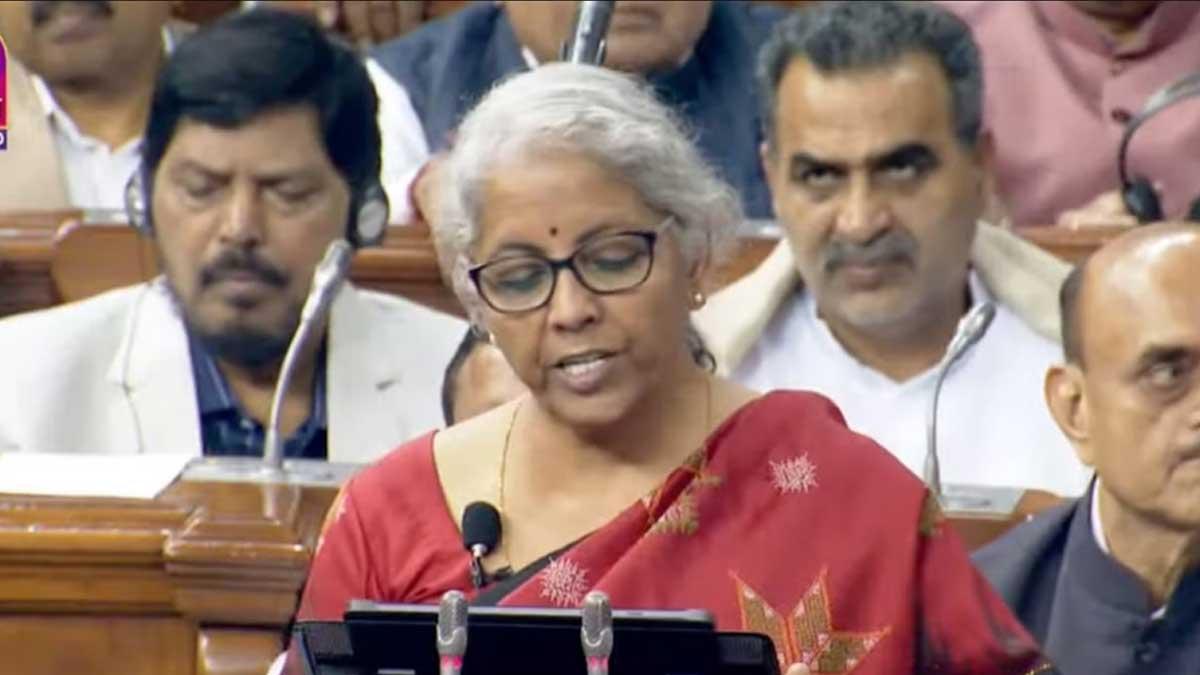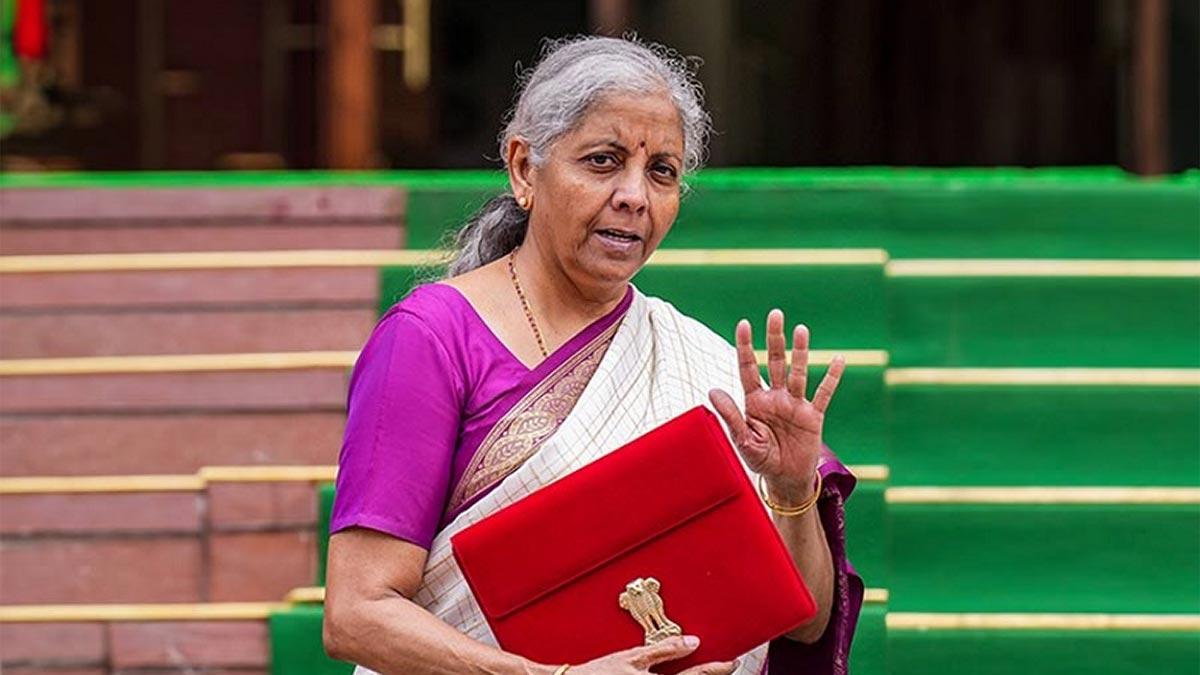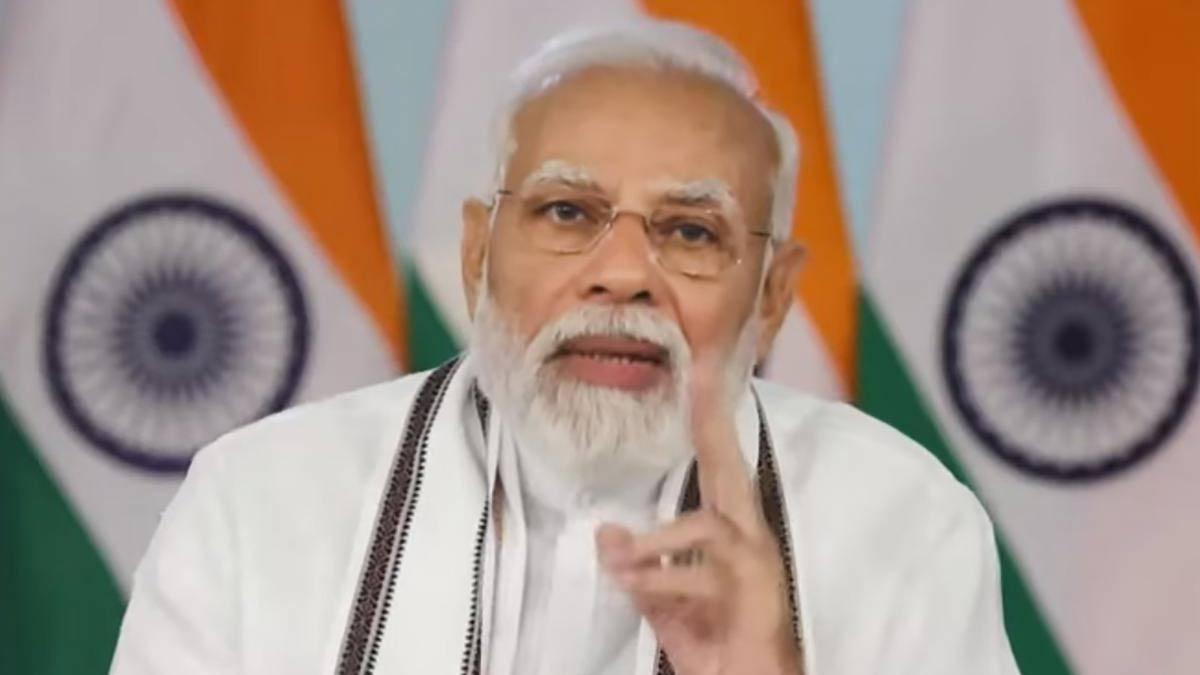After a decade of successful reforms, it is necessary that the government moves its reform efforts downstream and fortifies its core governance channels. Presented on Monday, the Economic Survey 2023-2024 notes that the focus should be on making sure that this time the structural changes over the previous decade provide the route to achieving strong, sustainable, balanced, and inclusive growth.
For the last ten years, the government has been meticulously working on substantial reforms for the rejuvenation of the economy. The aim was to increase potential growth and address supply-side constraints while creating an economy that would ensure its capability of meeting current and future growth aspirations during the 'Amrit Kaal'.
The Survey lays down a growth strategy to move in the 'Amrit Kaal', based on six main areas.
"Firstly, there must be an actual focus on boosting private investment. Secondly, the growth and expansion of India's 'Mittelstand' is a strategic priority. Thirdly, the potential of agriculture as an engine of future growth must be recognized and policy impediments removed," said the document.
The fourth dimension is securing funding for the green transition in India. Fifth, bridging the gap between education and employment.
Finally, state capacity and capability-building is the sine qua non for sustaining and accelerating India's progress.
A trust deficit on the global spectrum is such that nations are adopting policies encouraging self-reliance and the development of resilience against foreign shocks in strategically critical sectors.
"The balance between inward-oriented policies versus outward-oriented policies has to be nuanced all over again," the Survey noted.
It also pointed out that the countries had to work under policy spaces shackled by the challenges from global crises. This calls for a need for better recognition and acceptance of trade-offs by the policymakers.
"The next stage is to ensure that these reforms are implemented correctly and this will require intense engagement with state governments, the private sector, and civil society," the Survey recommended.
Read also | Foreign Investors Inject Rs 44,344 Crore into Stock Markets Ahead of Union Budget
Read also | Display names & mobile numbers outside business establishments: MP Government


















